The word “research,” enters the English vocabulary in the late 16th Century. Hardly a surprise since that was when what is known as the “Scientific Revolution,” was emerging in the western world. But even today research remains something of a mystery to many. My readers often ask me how I go about it, suggesting that it is complex and difficult.
Actually, it’s quite easy. It just takes time. And, yes, a little luck. Consider the adage: “The well-educated person is someone who knows how little he/she knows.”
That’s a good place to start.
For many years when I was a librarian, I worked at what is now known as the College of New Jersey. One of my tasks was to teach freshmen how to use the library, this is to say, how to do basic research.
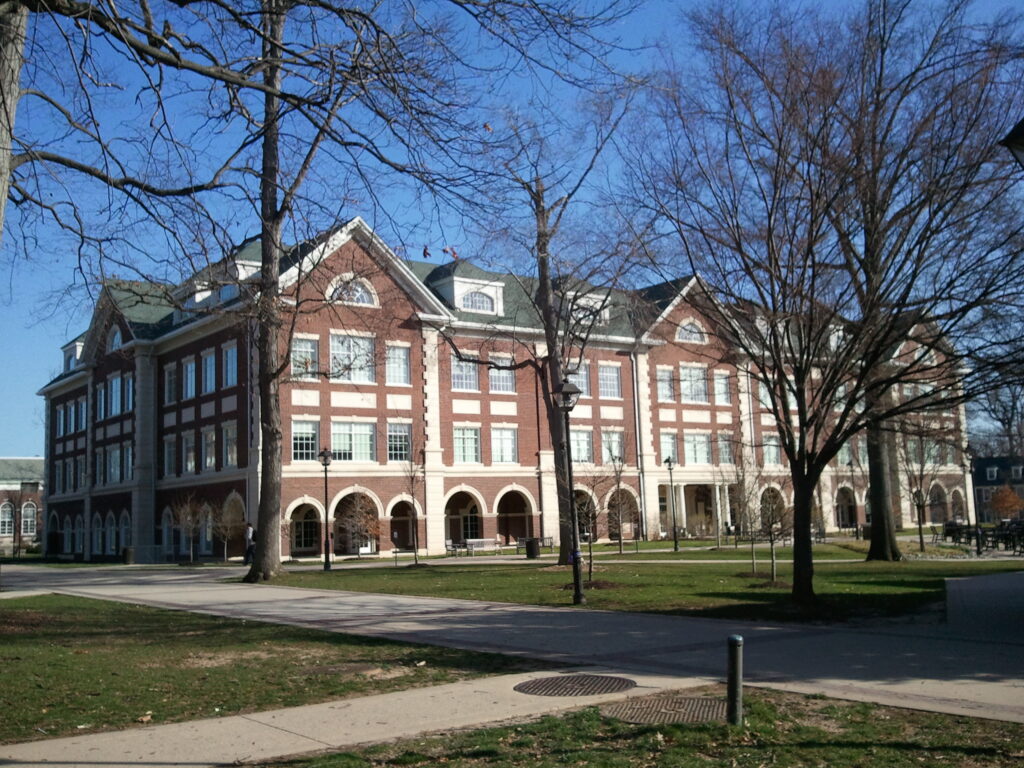
When people start research, my Reference Desk experience is that even though people are looking for something specific— “Who was the general in charge of American forces at the Battle of Bunker Hill?” —they usually ask for the most general resource: “Do you have any books on American History?”
Instead, if you are searching for specific information, consider a methodology that looks like an inverted pyramid, the pointy end is the most general and briefest information. That’s where to begin. You do not want too many facts. You want to start with something short and basic that gives you the most basic survey. That will provide context. Then slowly ADD to that basic stuff, so that new ideas add meaning—and no small point—you can remember it.
No surprise, when I undertake a new historical novel project, I create my own library. Living as I do in the remote Rocky Mountains the internet is my friend. There are any number of internet-used book resources such as Biblio, Abebooks (owned by Amazon), and Bookfinder, a site that guides you to (internet) sources of used books and (no small point) the lowest price.
But you don’t have to buy books. There is your local library. When trying to learn something Libraries are your best friend. As I once heard someone say: “Libraries are where history remembers itself.”
And, more than likely, that local library is connected to an inter-library loan service that gives you access (free!) to millions of titles. It will give you access to everything.
Trust me. No matter how obscure a topic, someone has written about it.
Crispin was running through a forest. What kind of forest was that? The Royal Forests of Medieval England informed me.
The Danish immigrant father in City of Orphans is sad. He sings a song of sorrow for his former country. How do I find such? Danish Immigrant Songs of the Early 20th Century told me.
How do you unearth such curiously (and fascinating) specific titles? Seek out the most general of titles, such as “History of the American Revolution.” Choose a recently dated book. Get your hands on it. BUT don’t read the text! Read the bibliography. That bibliography will guide you to hundreds of specific titles. Which have their own bibliographies. Guaranteed, somewhere there will be a citation that references a book (or article) about the general who led the American forces at the Battle of Bunker Hill.
Eureka. You have what you were looking for.
Happy hunting. It’s actually fun.
Sincerely, Avi (not really a retired Librarian)
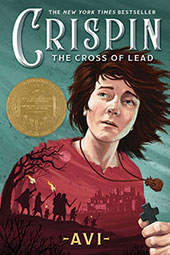
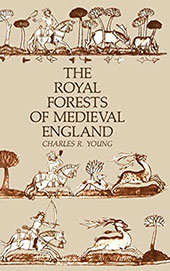
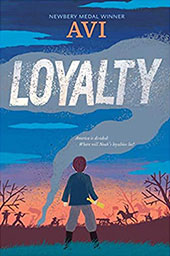
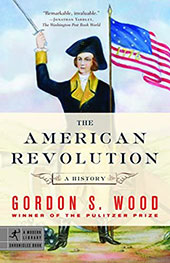
1 thought on “Once a Librarian Always a Librarian<br>(Even When He’s a Writer)”
Thank you! Great advice! I do love our local library & librarians!